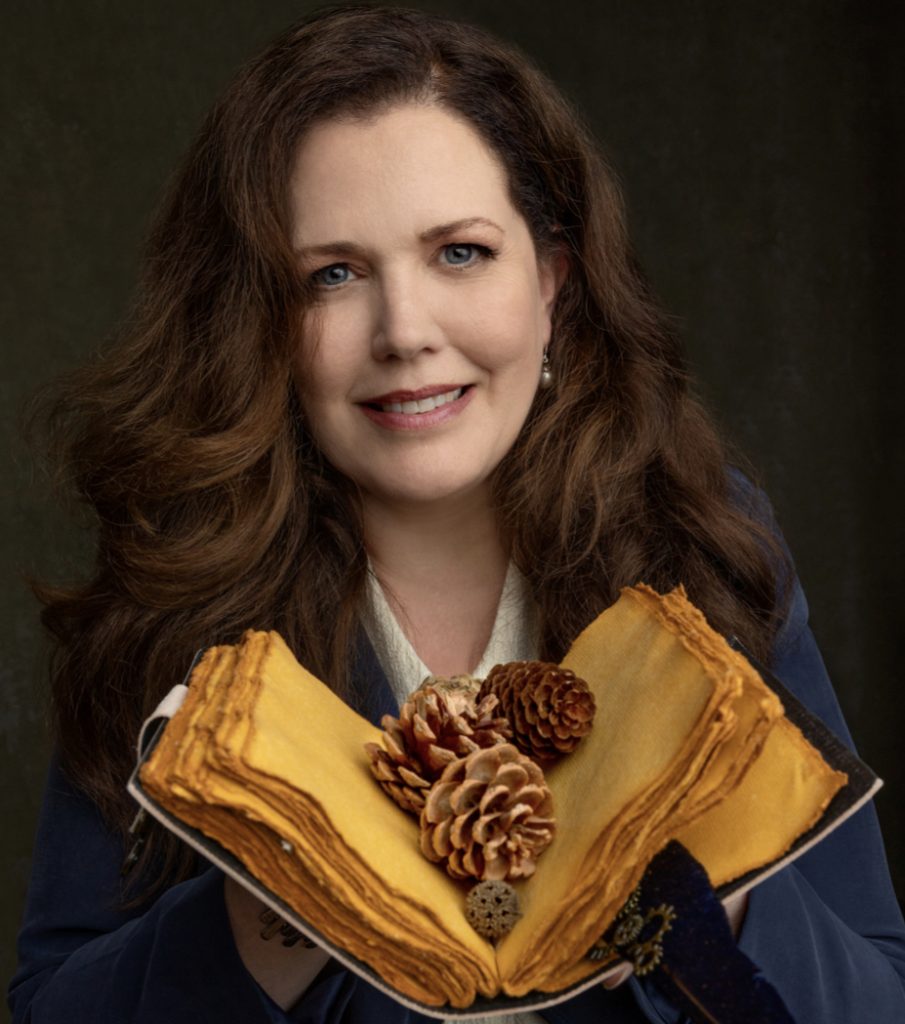“Do you have a learning ambassador? Someone to advocate for the learning you? This is a long learning journey; you should consider finding one.”
I first heard the term learning ambassador at a symposium designed for first-year postgraduate students shortly after starting my doctoral studies. It sounded made-up yet vital to my success with the program. As I listened to the definition and job description of the role, I thought to myself, for all my years in school, I have never officially given the job to anyone, but various people in my life, including me, had done it on a need-to-do basis.
My father, in blessed memory, took on the role of my learning ambassador before I even started school and remained the chair of my Learning Ambassador Committee until the end of his life. He fearlessly defended my rights to learn, grow, and develop at my own pace and talents long before I stepped into my first classroom. Then, there were others, such as distant family, teachers, friends, and me, of course. However, no one was as bold, courageous, and encouraging as my father. To illustrate, once, I saw an artist painting a mural on a huge building wall. I was so impressed that I wanted to do that so much. My father indulged me in facilitating the painting and allowing me to draw my first and only mural at the age of six in the living room, to my mother’s horror. Understandably, an argument ensued between them, and his defense was: “We need to explore and develop her talents! This is our responsibility as her parents!”
To this day, I remember his words and let my children draw on my living room wall in the hope that talent skipped my generation. To this day, I carry this lesson that he was in my corner, advocating for me in the long journey of learning and exploring life and discovering my talents, strengths, and weaknesses. However, learning to advocate for myself took some practice and many scars, both physical and emotional.
Now, when the new school year rolls its red carpet to teachers, school staff, students, and parents, schedules have been painstakingly coordinated, lunches, snacks, school supplies, and before and after-school activities all somewhat sorted out, I take a deep breath and trustingly step onto the next ten month merry go round of learning. I’ve done my best to prepare my children and me for the best learning outcome. Nothing can go wrong. What can possibly go wrong?
Well, some things go wrong. The wrong edition of the textbook gets shipped. A class gets canceled the first week of school. My child gets reassigned to another classroom. Unfortunately, the possibilities are endless. To some, these might be little wrinkles. To others, these might be a big wrench in the carefully balanced plan, and a decision must be made: to compromise or not to compromise. To many of us, compromising is equal to losing time and money. You buy another book, pay shipment fees, take a course you don’t need, or wait until they offer the course you need. Not compromising is another hassle – emails, phone calls, and conversations that require time and persistence.
It is at this crossroads when, under the mounting pressure of losing time and money, I pause and call on my learning ambassador. Put the money and time aside (as if they are an unlimited resource even though neither is) and ask: what would the learner gain or lose learning, given each potential scenario? That’s right, the learner, whether a third-grader, a seventh-grader, a tenth-grader, a college student, or an adult learner – what are they losing or gaining learning? Talk to your learning ambassador. Find out. Then, step up and advocate for the best outcome.
For this school year, allow me to be your learning ambassador. Visit my blog and find inspiration and strength to advocate for yourself and the learners around you.
Happy learning!
Dr. KJ Markeli






